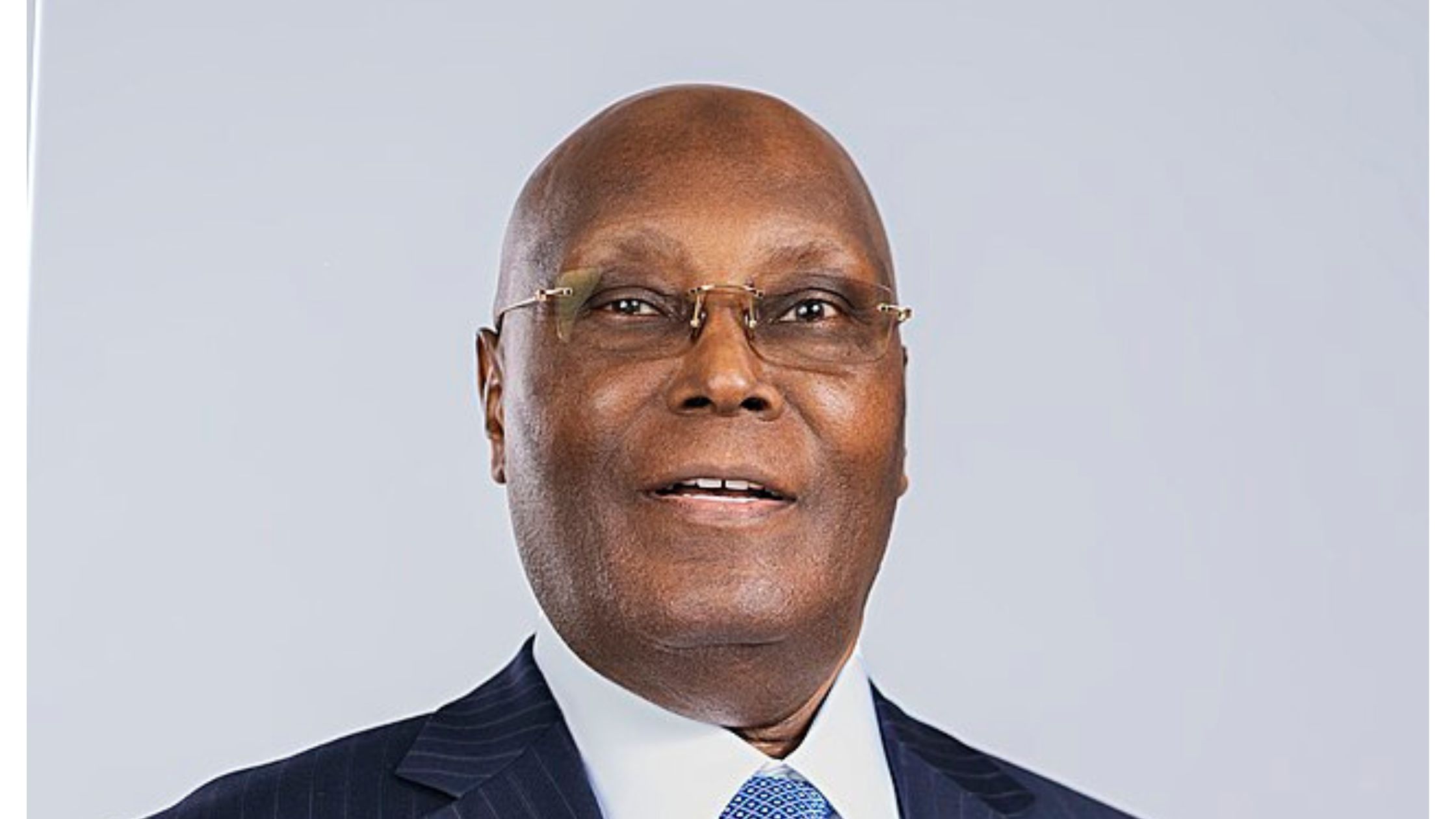Nigeria’s economic outlook for 2025 just took a hit. The International Monetary Fund (IMF) has trimmed the country’s projected growth rate to 3.0%, down from earlier estimates, citing the continued slump in global oil prices as the key reason.
This isn’t just a number—it’s a reflection of growing pressure on a country that’s still deeply tied to the fate of crude oil. With oil accounting for the bulk of Nigeria’s foreign exchange earnings and government revenue, the downturn in prices means less money in public coffers and more strain on a fragile economy trying to recover from inflation, currency depreciation, and widespread unemployment.
The IMF’s latest World Economic Outlook painted a concerning picture. Oil production is still below pre-pandemic levels, and the non-oil sectors, while showing some activity, aren’t growing fast enough to pick up the slack. The fund emphasized that Nigeria needs to act fast—structural reforms, diversification efforts, and smarter fiscal policies are no longer optional.
For everyday Nigerians, this could mean tighter government spending, slower job creation, and more hardship in a cost-of-living crisis that already feels overwhelming. Experts have warned for years that Nigeria must wean itself off oil dependency, but progress has been slow. With this forecast downgrade, the urgency couldn’t be clearer.







Leave a Reply